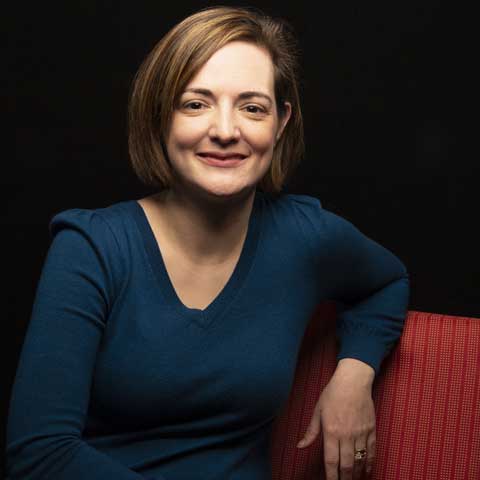
Autism Research at Kessler Foundation.
East Hanover, NJ. February 17, 2022. Kessler Foundation scientists conducted an online survey of parents of school-aged children to compare the effects of pandemic-related school closures on autistic vs neurotypical students. Their findings indicate that children on the autism spectrum are at greater risk for negative educational outcomes.
The article, "Effects of school closures resulting from COVID-19 in autistic and neurotypical children,” (doi: 10.3389/feduc.2021761485) was published open access on November 23, 2021, by Frontiers in Education. This article is available at: https://www.frontiersin.org/articles/10.3389/feduc.2021.761485/full. The authors are Helen Genova, PhD, Aditi Arora, PhD, and Amanda Botticello, PhD, MPH, of Kessler Foundation.
Using the COVID-19 Adolescent Symptom and Psychological Questionnaire, survey data were collected from May 2020 to August 2020 from parents/guardians of school-aged children – autistic and neurotypical - aged 4 to 15 years. Final sample was N=250, including respondents with neurotypical children (65%), and those with autistic children (35%).
The survey revealed differences in the psychological impact of the pandemic on neurotypical and autistic children, as reported by their parents. Overall, parents of autistic children were more likely to report negative effects of the pandemic. For neurotypical children, being isolated from friends was the most negative experience; for autistic children, disruption of their routine schedule was the most negative.
While neurotypical children turned to virtual experiences to connect socially, autistic children were less likely to participate in virtual experiences. This finding has implications for the shift to online delivery of education, medical treatment, and therapy precipitated by the pandemic. “Children on the autism spectrum may benefit less from virtual services,” noted Dr. Genova. “While remote delivery of educational and therapy services may be a convenient way for schools and facilities to remain open when in-person attendance carries risks, the long-term negative effects for children on the autism spectrum may be significant. To help them continue to achieve their educational goals, autistic children may need alternative ways to keep pace with their peers.”
The study also revealed that parents of children on the autism spectrum had specific concerns related to their children’s diagnosis. “Addressing these concerns is important for the mental health of parents and children,” added Dr. Genova, “since stress levels of caregivers can influence stress levels of autistic children.”
Funding: None
About Kessler Foundation
Kessler Foundation, a major nonprofit organization in the field of disability, is a global leader in rehabilitation research that seeks to improve cognition, mobility and long-term outcomes, including employment, for people with neurological disabilities caused by diseases and injuries of the brain and spinal cord. Kessler Foundation leads the nation in funding innovative programs that expand opportunities for employment for people with disabilities.